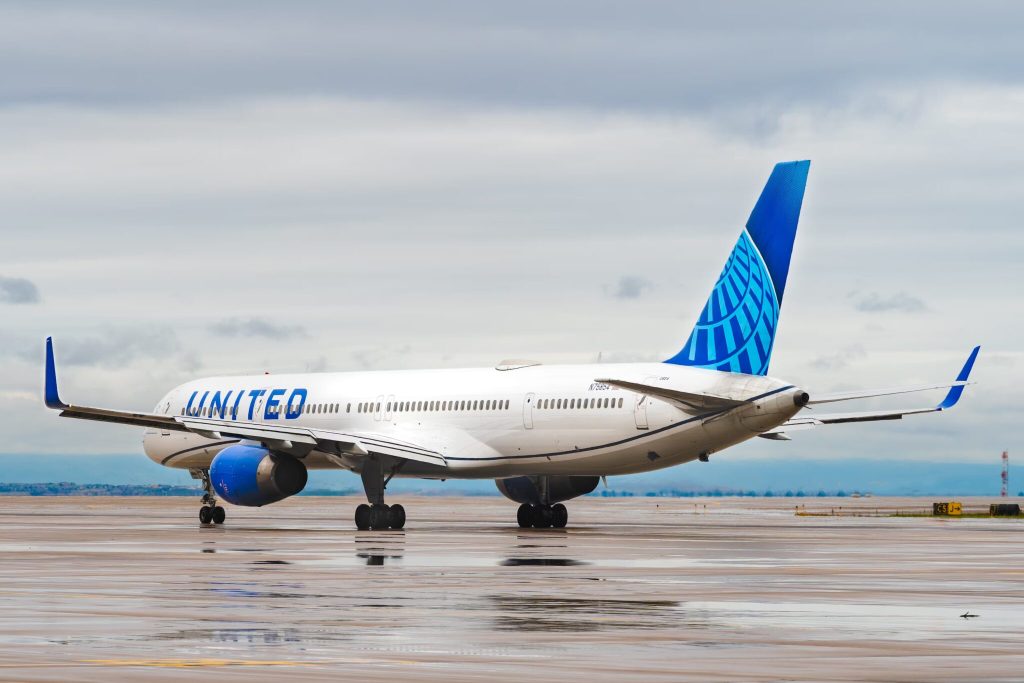United Airlines recently canceled its new transatlantic route from its Newark hub to Faro, Portugal just weeks before its maiden flight. The decision comes as the airline is undergoing an audit by U.S. regulators, the Federal Aviation Administration (FAA), due to a series of safety incidents. This audit has led to restrictions on certain operational activities, making it difficult for the airline to start flying to new destinations. As a result, United has also delayed the launch of a new route from Tokyo to Cebu, Philippines.
The airline clarified that not all new routes are affected by the FAA audit, with new international services scheduled for this winter still on track. Routes to Medellin, Colombia, and Marrakech, Morocco are set to launch as planned. United stated that adjustments to its domestic network, including changes to services from Hartford, Connecticut; Boise, Idaho; and Key West, Florida, are unrelated to the FAA audit and are part of routine operational fine-tuning.
The FAA audit of United Airlines was triggered by a series of safety incidents, including an external panel falling off a Boeing 737-800, an engine emitting flames on a Boeing 737-900ER, a Boeing 737 Max sliding off the runway, and a Boeing 777 losing a wheel during takeoff. While all airlines experience mechanical issues, the frequency of these incidents raised concerns. In response, United CEO Scott Kirby emphasized the airline’s commitment to safety and announced additional safety training initiatives for pilots and maintenance technicians.
Despite the setbacks, United remains committed to passenger safety and has offered full refunds or rebooking options to customers affected by the route cancellations. The airline has indicated that it still plans to serve Faro, Portugal in the summer of 2025, with flights not yet on sale. While the cancellations are an unfortunate consequence of the FAA audit, United is taking the necessary steps to address safety concerns and ensure a smooth operation for its existing and future routes.
In the broader context of the airline industry, the performance of airline sector stocks within the Skift Travel 200 (ST200) index has been impacted by various factors, including the financial performance of nearly 200 travel companies worth over a trillion dollars. The index includes network carriers, low-cost carriers, and related companies, offering a comprehensive view of the sector’s financial health. As airlines navigate challenges such as the FAA audit, investors and stakeholders are closely monitoring the industry’s performance and the implications for future growth and profitability.















